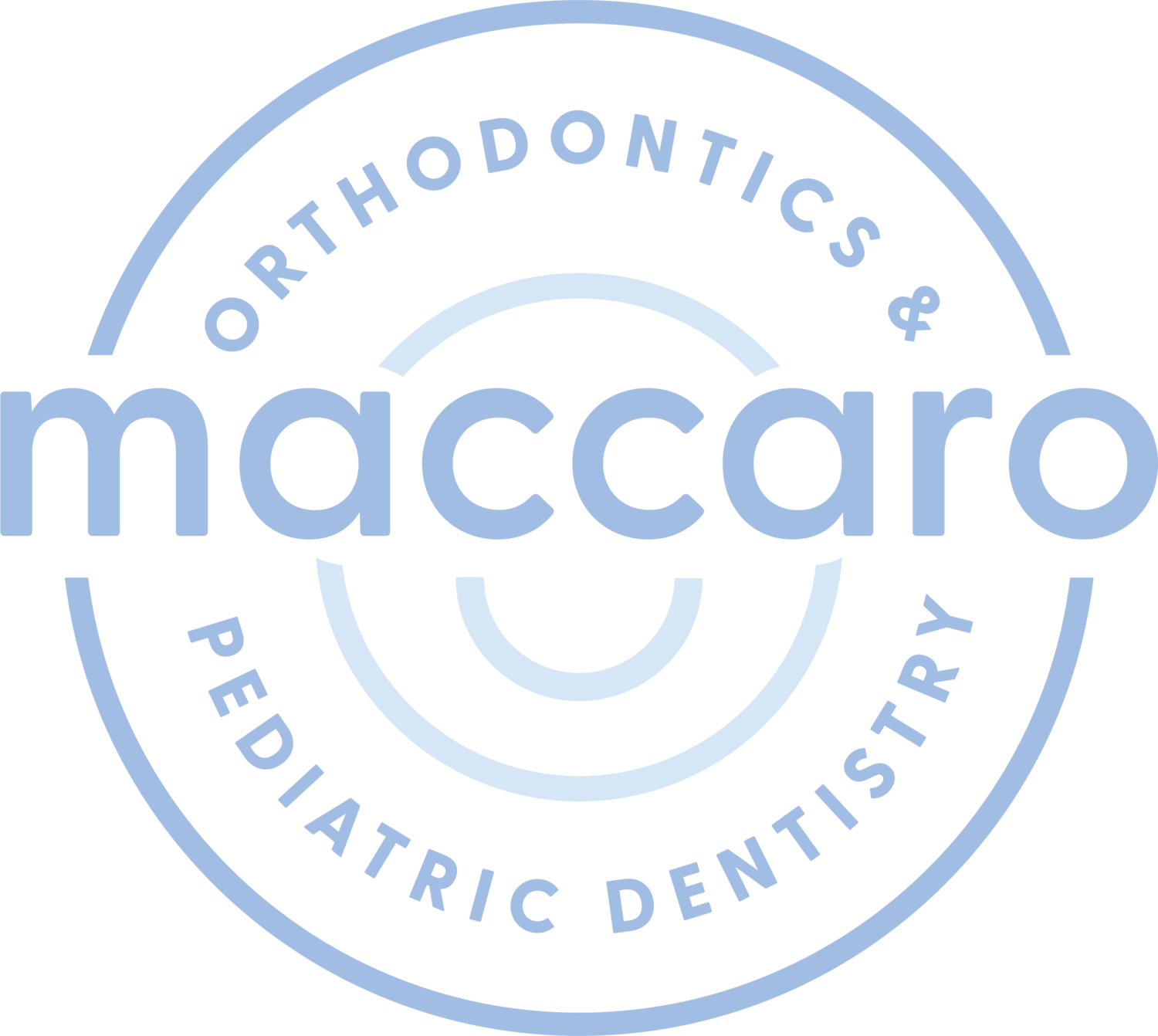The Connection Between Speech Development and Orthodontic Issues in Children
Speech development is an essential aspect of a child's growth and overall well-being. Many parents may not be aware that orthodontic issues can significantly impact speech development in children. We will explore the connection between speech development and orthodontic problems, highlighting the importance of early intervention and treatment to ensure proper speech and communication skills.
How Orthodontic Issues Affect Speech Development:
Orthodontic issues such as misaligned teeth, overbites, underbites, and crossbites can directly impact a child's ability to articulate certain sounds and words. These issues can create difficulties in forming specific sounds, leading to unclear speech, lisps, or other speech impediments. Common orthodontic problems and their potential impact on speech development include overbites and underbites, which can affect the way a child's tongue interacts with their teeth, making it challenging to pronounce sounds like "s," "z," "ch," and "j." Crossbites may cause difficulty producing "t," "d," "n," and "l" sounds due to incorrect tongue placement, while an open bite can make it difficult for a child to pronounce "m," "b," and "p" sounds, as it impacts the ability to close the lips completely.
The Importance of Early Intervention:
Early intervention is crucial to address orthodontic issues that may be affecting a child's speech development. By identifying and treating these issues in the early stages, it can help prevent more severe speech problems and promote healthy communication skills. Regular dental check-ups and orthodontic evaluations can help identify potential issues early on, allowing for timely intervention and treatment.
Orthodontic Treatments for Speech Improvement:
Orthodontic treatments can significantly improve speech issues caused by misaligned teeth or other dental problems. Depending on the severity of the orthodontic issue and the specific speech impediment, various treatments may be recommended, such as traditional metal or ceramic braces to correct teeth alignment, overbites, underbites, and crossbites. Invisalign, or clear aligners, can be an alternative to braces for correcting orthodontic issues, leading to improved speech and confidence in children. Additionally, palatal expanders can help widen a child's upper jaw, addressing crossbites and improving speech clarity.
Supporting Your Child's Speech Development:
In addition to seeking orthodontic treatment for your child, you can also support their speech development by encouraging proper oral hygiene, providing a language-rich environment, and seeking speech therapy. Good dental habits will keep their teeth and gums healthy, minimizing the risk of orthodontic issues. Encourage reading, singing, and talking to your child to foster speech development. A speech-language pathologist can work with your child to improve their speech and communication skills.
Orthodontic issues can significantly impact a child's speech development, making early intervention and treatment essential. By addressing these problems, parents can help their children develop proper speech and communication skills. Regular dental check-ups and orthodontic evaluations can help identify potential issues early on, allowing for timely intervention and improved speech outcomes.
Do you have questions about your child’s dental care? Maccaro Orthodontics & Pediatric Dentistry has answers! Click here to view our FAQ page today!
